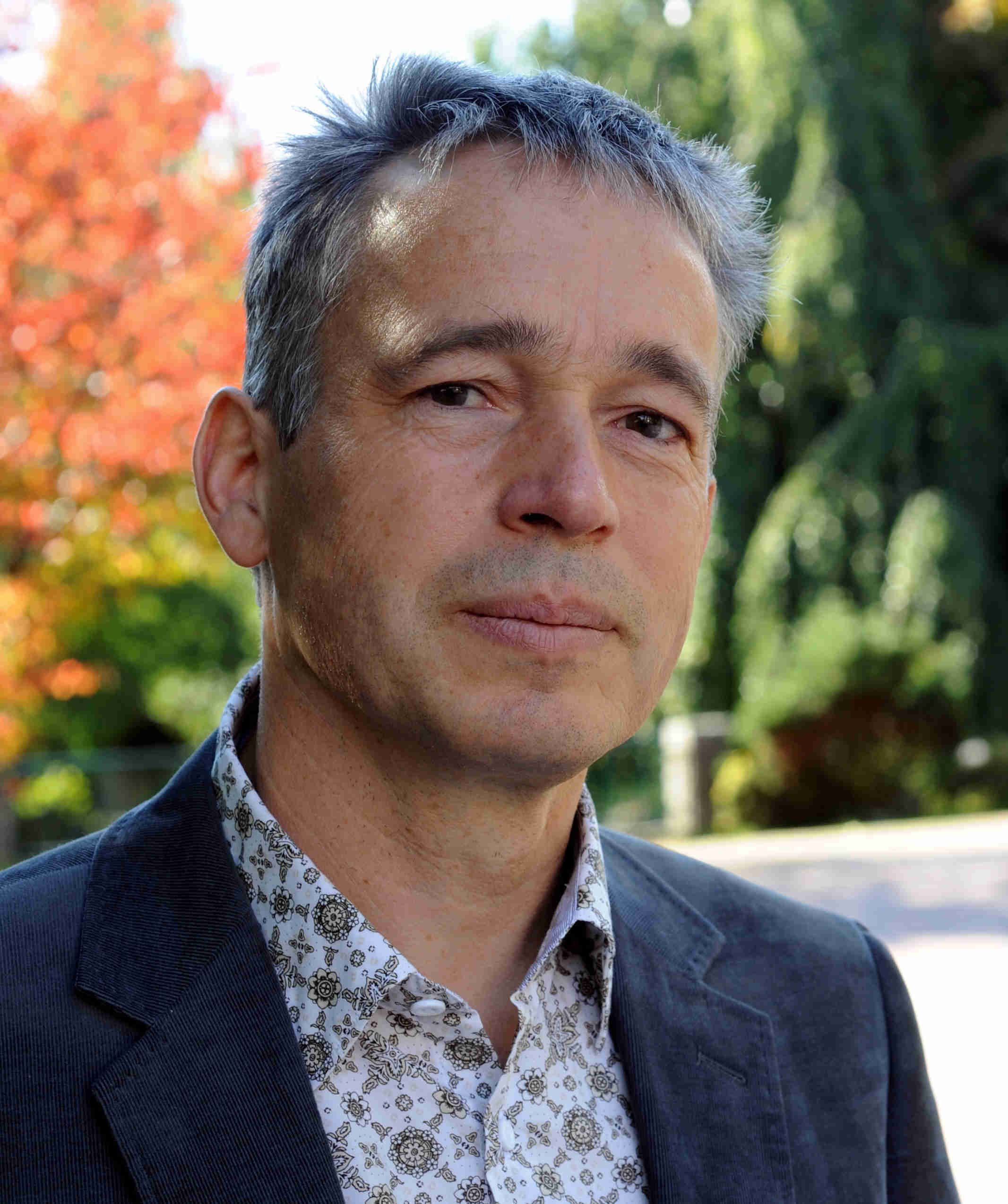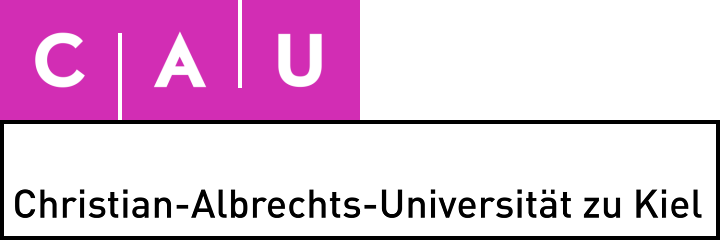Electrocapillary Coupling as a Basis for Sensing and Actuation
Details
| Presenter: | Jörg Weissmüller |
| Title: | Electrocapillary Coupling as a Basis for Sensing and Actuation |
| Affiliation: | Hamburg University of Technology |
| Date: | 09.02.2023 |
| Time: | 17:00 h |
| Place: | F-SR-III |
Contents of the Talk
 Metal electrode surfaces exhibit a strong coupling between their mechanics and their chemistry or electrochemistry. The underlying materials parameter is an electrocapillary coupling constant, which is characteristic for the surface and for the electrode process. That parameter controls both, a local stress response to electric charging and an electric potential response to mechanical strain. Closely similar phenomena are observed when charge-neutral species adsorb at the surface of an elastic solid. The relevant experimental observations are well reproduced by numerical ab initio simulation, yet an understanding or a predictive theory are available only for selected special cases. One interest in electrocapillary coupling comes from its relevance for catalysis with strained surfaces. Another exciting field in the context is high surface-area solids, such as dealloyed nanoporous metals, that derive their functional behavior from the coupling. When operating under controlled electric potential, such materials achieve interesting actuation properties. Conversely, when their stress or strain are controlled, they act as active strain sensors with large charge displacement per strain. Somewhat counterintuitive, such materials emulate piezoelectric behavior in spite of being conductive solids. Various materials design approaches afford tuning of the relevant materials behavior. They include hierarchical structuring as well as the functionalization of the metal surface by conformal coatings of conductive polymer.
Metal electrode surfaces exhibit a strong coupling between their mechanics and their chemistry or electrochemistry. The underlying materials parameter is an electrocapillary coupling constant, which is characteristic for the surface and for the electrode process. That parameter controls both, a local stress response to electric charging and an electric potential response to mechanical strain. Closely similar phenomena are observed when charge-neutral species adsorb at the surface of an elastic solid. The relevant experimental observations are well reproduced by numerical ab initio simulation, yet an understanding or a predictive theory are available only for selected special cases. One interest in electrocapillary coupling comes from its relevance for catalysis with strained surfaces. Another exciting field in the context is high surface-area solids, such as dealloyed nanoporous metals, that derive their functional behavior from the coupling. When operating under controlled electric potential, such materials achieve interesting actuation properties. Conversely, when their stress or strain are controlled, they act as active strain sensors with large charge displacement per strain. Somewhat counterintuitive, such materials emulate piezoelectric behavior in spite of being conductive solids. Various materials design approaches afford tuning of the relevant materials behavior. They include hierarchical structuring as well as the functionalization of the metal surface by conformal coatings of conductive polymer.
Short CV
Jörg Weissmüller is the head of the Institute of Materials Physics at Hamburg University of Technology; he also heads the Hybrid Materials Systems Department at Helmholtz-Zentrum Hereon. Weissmüller’s research is focused on nanomaterials, with emphasis on thermodynamics, continuum mechanics and electrochemistry of interfaces, chemo-mechanically coupled phenomena, and plastic deformation mechanisms. For current publications see his profiles on Scopus or Google Scholar. Weissmüller studied Materials Science at the Universities of Saarbrücken, Germany and Dundee Scotland. After thesis work on nanomaterials and interfaces in Saarbrücken and (as a PROCOPE fellow) at the Centre for Crystal Growth in Marseille, France, he received a PhD in Engineering from Saarbrücken in 1990. Weissmüller has worked as a Postdoctoral Fellow with H. Gleiter and R. Birringer at the Institute of New Materials in Saarbrücken. As a Feodor Lynen fellow of the Alexander von Humboldt Society he worked with J.W. Cahn and R.D. Shull at the National Institute of Standards and Technology in Gaithersburg, MD, USA. He received his Venia Legendi in Experimental Physics from Saarbrücken University in 1998, and in the same year joined the Institute of Nanotechnology, now a department of the Karlsruhe Institute of Technology, as a Heisenberg fellow and group leader. In 2010, Weissmüller was appointed head of the Institute of Materials Physics at Hamburg University of Technology, in combination with the office of head of the Hybrid Materials Systems Department at Helmholtz-Zentrum Hereon. In 2017, Weissmüller received the Lady Davis Award by the Technion, Haifa. He worked at that institution during his sabbatical leave in 2017/2018. Weissmüller is a member of the Board, DFG Coordinated Research Area SFB 986 ‘Tailor-Made Multi-Scale Materials Systems – M3’, the Head of Studies of the TUHH Master program on “Materials Science", and he has been the Coordinator of the DFG Research Unit FOR 714 ‘Plasticity of Nanocrystalline Metals and Alloys’. He has organized several international conferences and conference symposia in the fields of nanomaterials, dealloying and interfacial mechanics, and he has served as an editor with Materials Research Letters.




